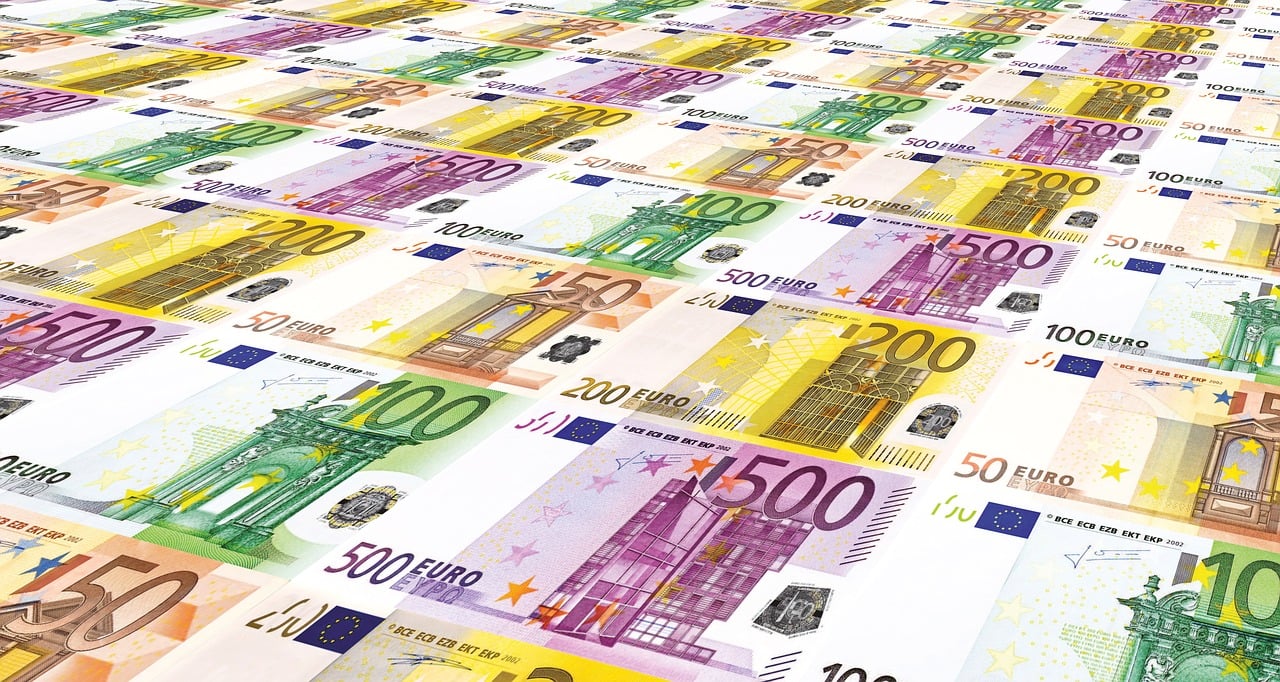The Hungarian state will have a 49 percent stake in Vodafone Hungary through an investment company.Continue reading

Minister of Economic Development Márton Nagy gave an interview to Index, in which he spoke about inflation, the economic challenges of 2023, the possible purchase of Budapest Airport, and the windfall tax, among other topics. He also touched on the introduction of the euro, about which he said that it needs to be examined in the long term.
After the recent acquisition of Vodafone, the Minister of Economic Development now faces another task: the government wants to buy back Budapest Airport. Márton Nagy is in talks with the parties involved, but he cannot give any details for the moment, however, he told Index that the purchase of the airport is a bigger task than the Vodafone deal.
The minister also touched on inflation, saying it was also extremely high because of energy prices. He sees two ways to eliminate the underlying problem: one is peace in the Ukrainian war, the other is for the market to get used to the high energy prices and adjust, which will also lead to a reduction in prices.
He said that
the government wants to achieve GDP growth of 1.5 percent this year, in which the Baross Gábor Loan Program is an important tool.
According to Nagy, there is no growth without loans, and the popularity of the program is shown by the fact that the HUF 700 billion (EUR 1.8 billion) budget was almost exhausted in a month after its launch on February 1. In the meantime, the government has also worked out and approved the details of the Baross Gábor Capital Program, which will have three pillars: buying into real estate and securities, raising money from existing state funds, and finally launching new funds.
During the interview, the introduction of the euro in Hungary was also discussed, and Nagy said that this should be looked at in the long term. He stressed that the introduction of the euro would have a positive impact on crisis management, but that the Hungarian government is reluctant to do so because the current independent monetary and surveillance policy could help the economy catch up, and this would cease with entry into the euro area.
The minister pointed out that those who think Hungary should join the euro area see it as a way to make it easier to deal with crises, but the euro should be with us even when there are no crises – and from then on it is a competitiveness issue. In Nagy’s view,
the time to adopt the euro is realistically when Hungary reaches 90-95% of the EU average GDP per capita in purchasing power parity terms.
As for the windfall tax, he said it would remain in place for companies until the ability to finance the country’s utility bills reduction plan normalizes, and until the extra profits are eliminated. Nagy stated in the interview that the government had imposed windfall taxes mainly on the energy sector and banks to finance the protection of consumers’ utility bills in the face of soaring energy prices, thus sparing the public from the brutal market price increases. “The system that protects citizens up to average consumption is sustainable in the long term, so it should not be touched now. The windfall tax was a necessary step,” he explained.
Featured photo via Pixabay